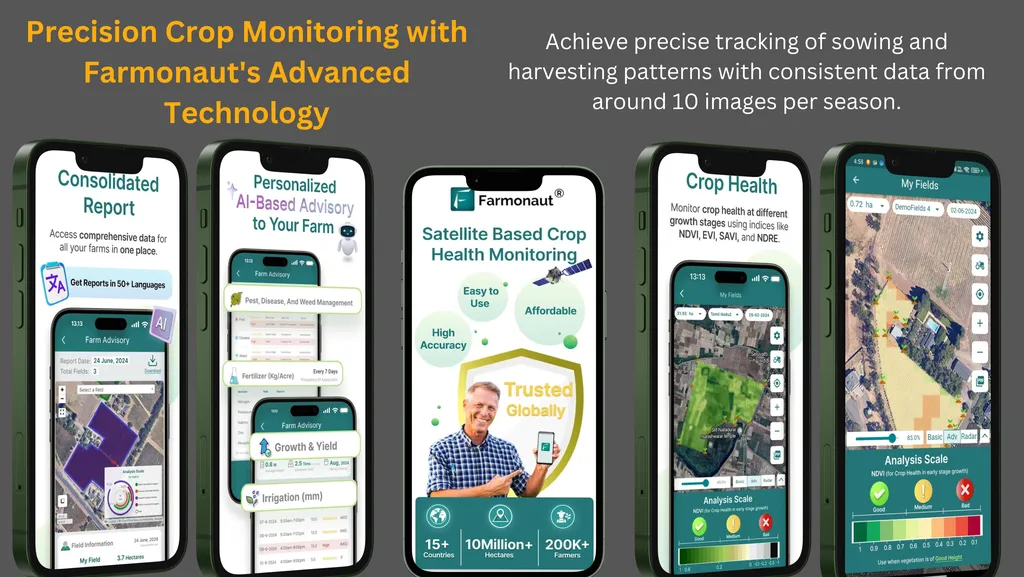In the rolling hills of Akkar Governorate, northern Lebanon, a quiet revolution is taking place—not in the fields, but on the screens of farmers’ smartphones. A recent study published in the journal “PLoS ONE” (which translates to “Journal of Open Science”) has revealed that a simple, low-cost intervention via WhatsApp could significantly improve pesticide safety among farmers, with potential implications for the agricultural sector worldwide.
The study, led by Nisreen Hassan Akkouch, employed a randomized controlled trial to compare the effectiveness of traditional in-person educational sessions with a WhatsApp-delivered educational video in improving farmers’ pesticide safety knowledge and handling practices. The results were striking. Farmers who received the video intervention showed the most significant improvements in pesticide handling, knowledge, and awareness of health and environmental risks, outperforming those who received traditional education.
“WhatsApp-delivered video interventions are superior in improving pesticide safety knowledge and practices compared to traditional methods,” Akkouch said. This cost-effective, scalable approach provides a viable solution for disseminating agricultural safety education, particularly in resource-limited areas.”
The study’s findings are particularly relevant for the agricultural sector, where pesticide misuse poses significant health and environmental risks. By enhancing farmers’ understanding of pesticide labels and safety measures, this intervention could lead to reduced health risks for farmers and their communities, as well as decreased environmental contamination.
The implications of this research extend beyond Lebanon. With the widespread use of smartphones and messaging apps, similar interventions could be implemented in other low- and middle-income countries, where pesticide misuse is a pressing concern. This approach could also be adapted to address other agricultural safety and education needs, such as integrated pest management or sustainable farming practices.
Moreover, the study highlights the potential of digital learning tools to reach a wide audience with fewer resources. As the world becomes increasingly connected, leveraging technology for agricultural education and extension services could become a key strategy for promoting sustainable and safe farming practices.
In the words of Akkouch, “This study opens up new avenues for using digital tools to enhance agricultural education and safety. It’s an exciting time for the field, and we’re just scratching the surface of what’s possible.”
As the world grapples with the challenges of feeding a growing population while minimizing environmental impact, innovative solutions like this one could play a crucial role in shaping the future of agriculture. By empowering farmers with the knowledge and tools they need to use pesticides safely and effectively, we can take a significant step towards a more sustainable and secure food future.
The study was registered under the International Standard Randomised Controlled Trial Number ISRCTN12809193.

